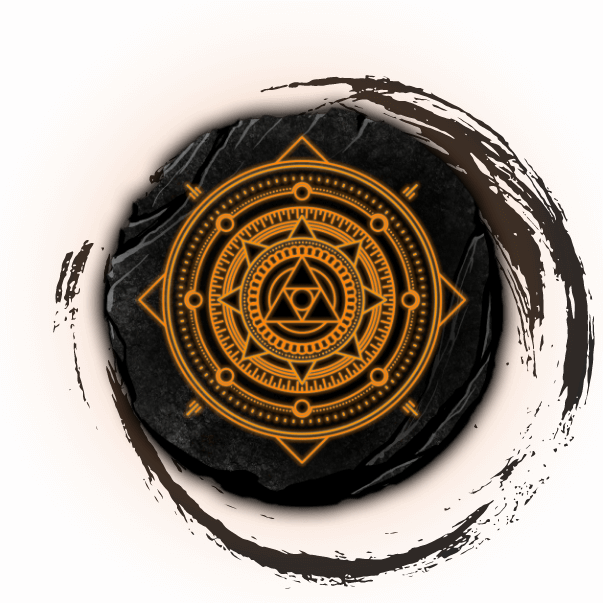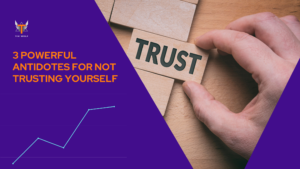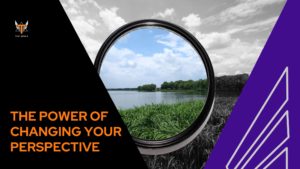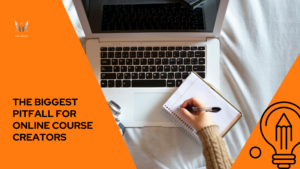When you give in to fear or anxiety over time, it can be hard to start trusting yourself again. You begin to wonder if you are good enough or if you can even handle what you face. Where have you lost faith in yourself? Doubt is an insidious beast. It weaves its way deep inside you, for one simple reason… it convinces you that it’s right. Unlike fear or anxiety, which are mostly driven by emotion. Doubt drips into your subconscious and rears its head quietly, and its underhanded subtle nature keeps you from recognizing it as anything more than your own mind trying to make a decision.
The antidote to doubt is trusting yourself. By building up trust in yourself, doubt becomes muzzled and slowly quiets itself. Each attempt of it rising to the forefront of your mind, is met with disbelief, charm, and nonchalance. You are unaffected. You might even laugh at the ridiculousness of what doubt brings up, as the doubt slips away into oblivion.
But how do you build trust? Especially in yourself? The doubts you have don’t necessarily feel wrong. You haven’t performed like you wanted to in the past. You haven’t gotten the results you wanted. You gave into fear or anxiety and stayed small, believing you were doing the right thing.
Under-Commit For a Change
People say “Practice makes perfect” but it doesn’t. Practice makes instinct. Practice something wrong, and you’ll do it perfectly wrong every time. Practice simply encodes grooves into our brain that make it easier and easier to do something the more that we do it, until it becomes automatic. With trust and doubt, we’ve developed these pathways over a lifetime. The only answer is to create new pathways… new patterns of thinking… new instincts.
Practice doesn’t make perfect. Practice makes instinct.
When you are starting a new pattern, you must start small or you will encounter resistance. What do you know you can do, without the shadow of doubt? We create doubt in our future selves when we overcommit, so stop overcommitting. Try under-committing for a change. Make micro-commitments to yourself. What is something you can do today or tomorrow rather than something you are agreeing to for the rest of your life?
When you take this path, success begins to compound. One day you do something small. You get a win. You commit to doing it again the next day. You get a win. These wins stack up over time until you see a big change in yourself. Each micro-commitment builds a little bit of trust when you follow through.
Decide not to have a cookie after dinner or skip the trip to the store for ice cream. Commit to going on a walk tomorrow, not every day next week. Just tomorrow. Then do it. These will build up over time as you learn to trust that you keep your commitments. You will build a belief that you keep commitments, and then you will start trusting yourself. Soon you’ll be making bigger and bigger commitments… then enormous ones. And when you notice the big changes that happen over time, it’s like a hammer smashing through any remaining doubt you have.
Try New Things
One of the most powerful things you can do is challenge yourself by engaging in the real world. Plus, this gives you the opportunity to practice micro-commitments. Take a boxing class or attend an improv meeting. These will help you see the world from a different angle and help you experience doing something for the first time and getting good at it. That rapid progress in the beginning will encourage you to trust yourself more when trying other things. As a side benefit, it also creates a more flexible mind when you explore new things and opens your heart and mind to new perspectives.
Trusting yourself requires the ability to engage and experience the unknown and come through the other side a bigger, better, or newer person. While building micro-commitments, helps you trust yourself with the doing side of things, challenging yourself develops a deeper level of trust and removes doubt from doing what you have never done before!
This can also be so much fun! Yes, it requires a bit of courage, but you might find something totally new you enjoy for the rest of your life. Even if you don’t, you will feel good about having tried and the growth you experience.
Rich Walker, a psychologist at Winston-Salem State University, studied over 30,000 events from over 500 diaries. According to his research, people who have new or varied experiences often are more likely to minimize negative emotions and retain positive ones. In other words, they are happier and they experience less doubt and fear.
Trust Others
Our experiences often are our internal world reflecting into our external environment. If you don’t trust yourself, it’s very likely you don’t trust others. You certainly don’t trust yourself around others. Consequently, if we practice trusting those around us, we will be more open to trust in general and begin to trust ourselves.
If you don’t trust yourself, though, how can you trust someone else? If that flaw exists in you to not follow through then it must for everyone, right? Therefore you distrust everyone. To trust in others, requires an act of faith. An act of courage.
You must release the aspect of control you think you have, and believe in others. You may not always be right, but you’ll find the people you can actually believe in. And being around those people will inspire you to see that if they can do it, so can you. As you gain more evidence of the good that comes from trusting others, you see more evidence of how you show up for others in your own life. That external trust will be reflected into your internal world and you’ll be able to trust more deeply.
How to Trust Yourself
Trusting yourself can feel hard, especially when you have a lot of fear or doubt going on under the surface. Practice these three powerful tools to help you grow and succeed at building the level of self-trust you deserve:
- Under-commit. Success breeds success. Real wins and follow through create trust, so use the lowest barrier to entry to start gaining more trust as you complete and honor smaller micro-commitments.
- Try New Things. Challenging yourself creates opportunities for expansion and growth and allows you to trust yourself when facing the unknown.
- Trust Others. How can you trust yourself if you don’t trust anybody? Your outer world is a reflection of your inner world. Tap into faith and courage in trusting others to inspire more trust in yourself.
These 3 powerful antidotes to not trusting yourself reduce doubt and increase confidence in yourself and others. More positive emotions about yourself begin to rise to the top. And the spiral up continues from here.





